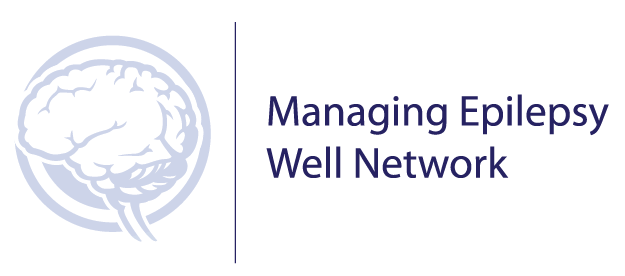Epilepsy self-management is a
Partnership.
Self-management does not mean that people manage their health alone. Self-management requires an active partnership between a person with epilepsy, their family or friends, and their health care provider. Each one plays an important role in epilepsy self-management.
Epilepsy self-management encompasses three broad areas:
Treatment Management. Medication schedules, keeping clinic appointments, and communicating with health care professionals.
Seizure Management. Recognizing and avoiding seizure triggers whenever possible and keeping track of seizures.
Lifestyle Management. Getting adequate sleep, reducing stress, and maintaining social support networks.


